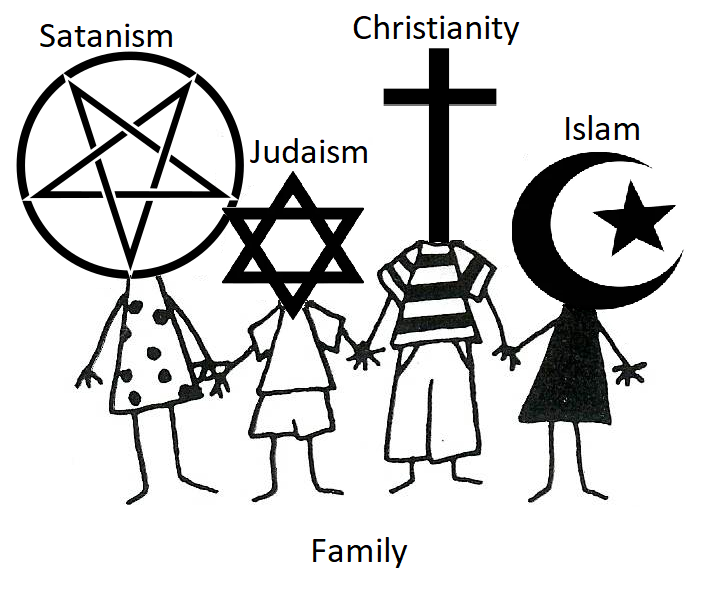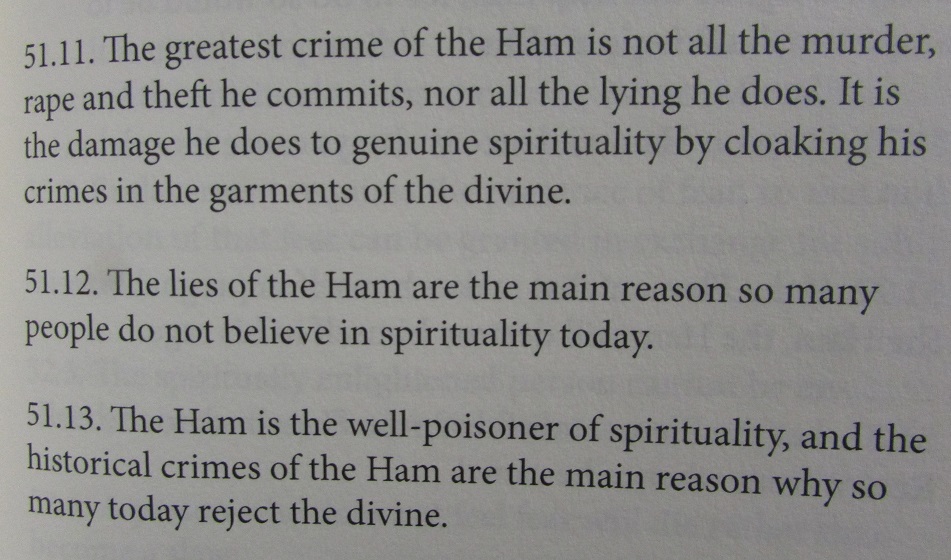
There are two types of narrative that an individual or culture can tell themselves about the meaning of life. Although there might be an infinitude of specific narratives, they all share enough features in common to divide them into two groups. The first are life narratives and the second are death narratives.
Life narratives are the original human spirituality. All natural spiritual traditions emphasise the passage of life through the four corners of the dharma wheel: through Spring, Summer, Autumn and Winter. They also emphasise that these four seasons apply to the life of humans as well. In fact, this quadrichotomy describes the natural life path of everything that exists.
Narratives of life are all circular. This is why the holy symbols of all life religions are circular. The ouroboros, the Taijitu, the Quadrijitu and the dharma wheel are all circular. From this circularity the core spiritual truths of reincarnation and karma can be derived. After the Winter always comes another Spring.
Or, as the Bhagavad Gita puts it, “death is fixed for those who are born, and birth is fixed for those who die.”
Life narratives also emphasise gratitude. Being natural, being vital, one is grateful for life. As such, there is no desire to escape life, or to escape reality. There is no resentment, no slave morality. So life narratives celebrate the return of the Sun after the Winter Solstice, and they celebrate the peak of the Sun at the Summer Solstice, and in either case they are grateful.
Death narratives were invented later, for the sake of political control. Death narratives all promise the same thing: that you can escape the misery of life through obeying those pushing the narrative (usually a priest). So in order for a death narrative to catch on, there has to be widespread suffering.
Death narratives mostly arose after the advent of civilisation. Civilisation leads to the survival of individuals who would not have survived in a state of Nature. Most of these individuals can intuit that they are defective, and as a result they desire oblivion. This is especially true if, as is often the case, they were born into slavery.
When you have an overpopulation of useless eaters, promoting life narratives is dangerous. It can lead towards a total collapse of the ecosystem. Much better to promote death narratives, so that the population can return to a balance with Nature.
Narratives of death are linear. This is why the holy symbols of all death religions are made of straight lines (such as the Star of David and the Christian cross), or circles reduced to a minimum (such as the Islamic crescent) or both (such as the hammer and sickle).
All religious narratives that have an end times belief are narratives of death. A will to escape the world is a longing for death and thereby rejection of the world. Therefore it is a naysaying, a mental illness. Believing in an Armageddon or hoping to escape Samsara are both a rejection of the reality that the gods dreamed up for entertainment.
Materialism, with its Big Bang and Heat Death of the Universe concepts, is another linear narrative, and therefore another death narrative. Because it’s a death narrative, it belongs in the same category as the Abrahamic religions. Indeed, it was a Catholic priest who came up with the idea of the Big Bang in the first place, possibly to delegitimise the esoteric belief that all conscious beings are co-creators of the Universe.
Ultimately, materialism offers the same solace to those who hate life as the Abrahamic cults. The only difference is that there’s no priest to obey (perhaps scientists are the priesthood of materialism). All one has to do is wait until the physical body expires, whereupon the warm embrace of oblivion will envelop one for eternity.
Marxism, as Sri Dharma Pravartaka Archaya realised, is another form of Abrahamism. The narrative that the bourgeosie have to be destroyed before a Golden Age can begin is a relative to the narrative that Amalek/the heathens/the infidels have to be destroyed before Yahweh will return to Earth.
Marxists also share a personality type in common with Abrahamists. The vicious, petty, dishonourable conduct of both types is infamous. The predilection towards becoming a two-faced backstabber is shared by all who resent the world.
Gnosticism is yet another death narrative. The idea that the material world is inherently evil is borne of the same kind of resentment that motivates the other Abrahamisms. Gnosticism might be a step closer to the truth in that it recognises Yahweh as the Principle of Evil (a belief shared by Elementalism). But it is still a narrative that repudiates life in the physical world.
Believers in life narratives and believers in death narratives could not behave more differently. Believers in life narratives feel kindness for all other life and for the life process. Believers in death narratives invent practices like kosher and halal slaughter, and infant genital mutilation. That life narratives promote compassion and death narratives promote sadism is perhaps their most salient difference.
*
For more of VJM’s ideas, see his work on other platforms!
For even more of VJM’s ideas, buy one of his books!
*
If you enjoyed reading this essay/article, you can get a compilation of the Best VJMP Essays and Articles from 2021 from Amazon as a Kindle ebook or paperback. Compilations of the Best VJMP Essays and Articles of 2020, the Best VJMP Essays and Articles of 2019, the Best VJMP Essays and Articles of 2018 and the Best VJMP Essays and Articles of 2017 are also available.
*
If you would like to support our work in other ways, subscribe to our SubscribeStar fund, or make a donation to our Paypal! Even better, buy any one of our books!






